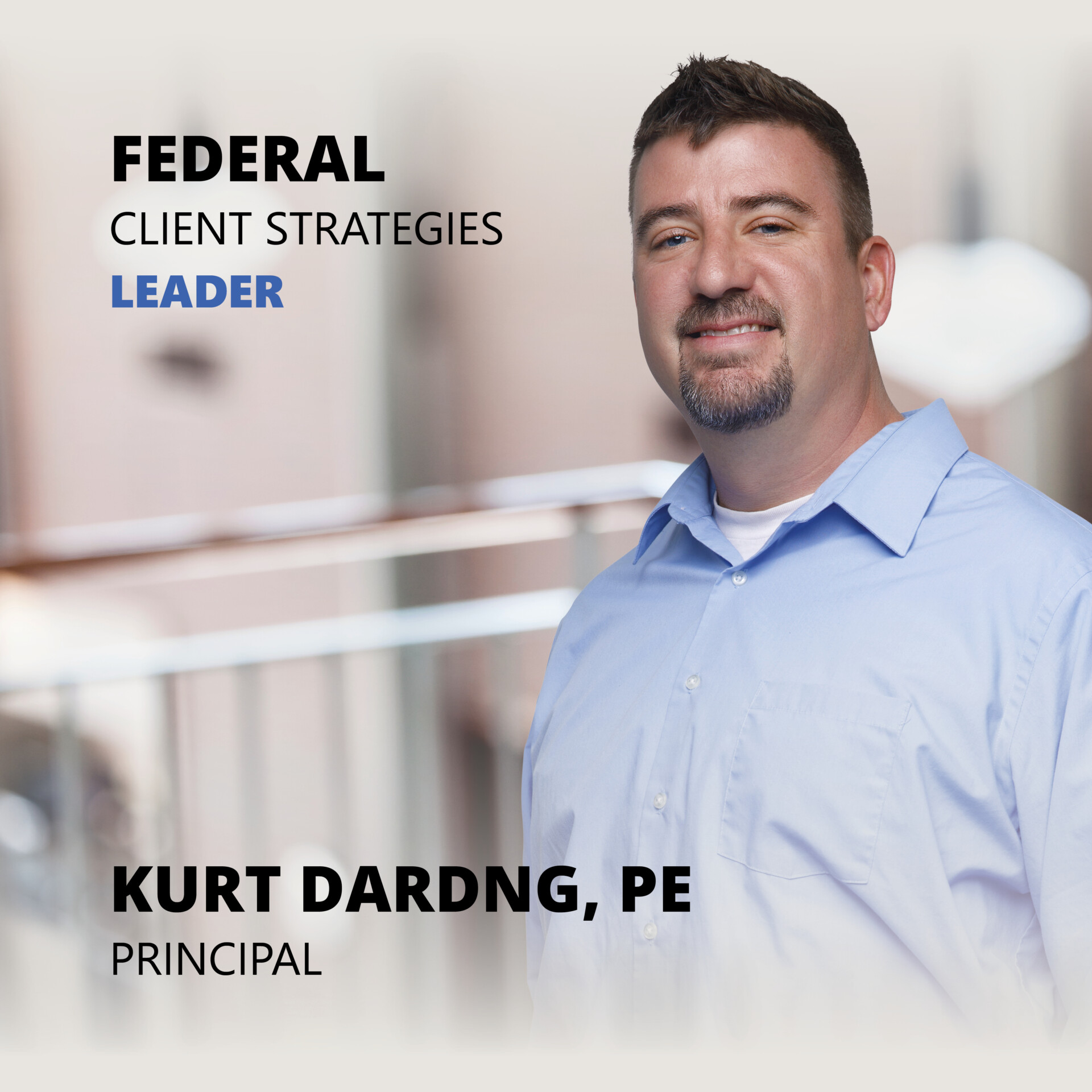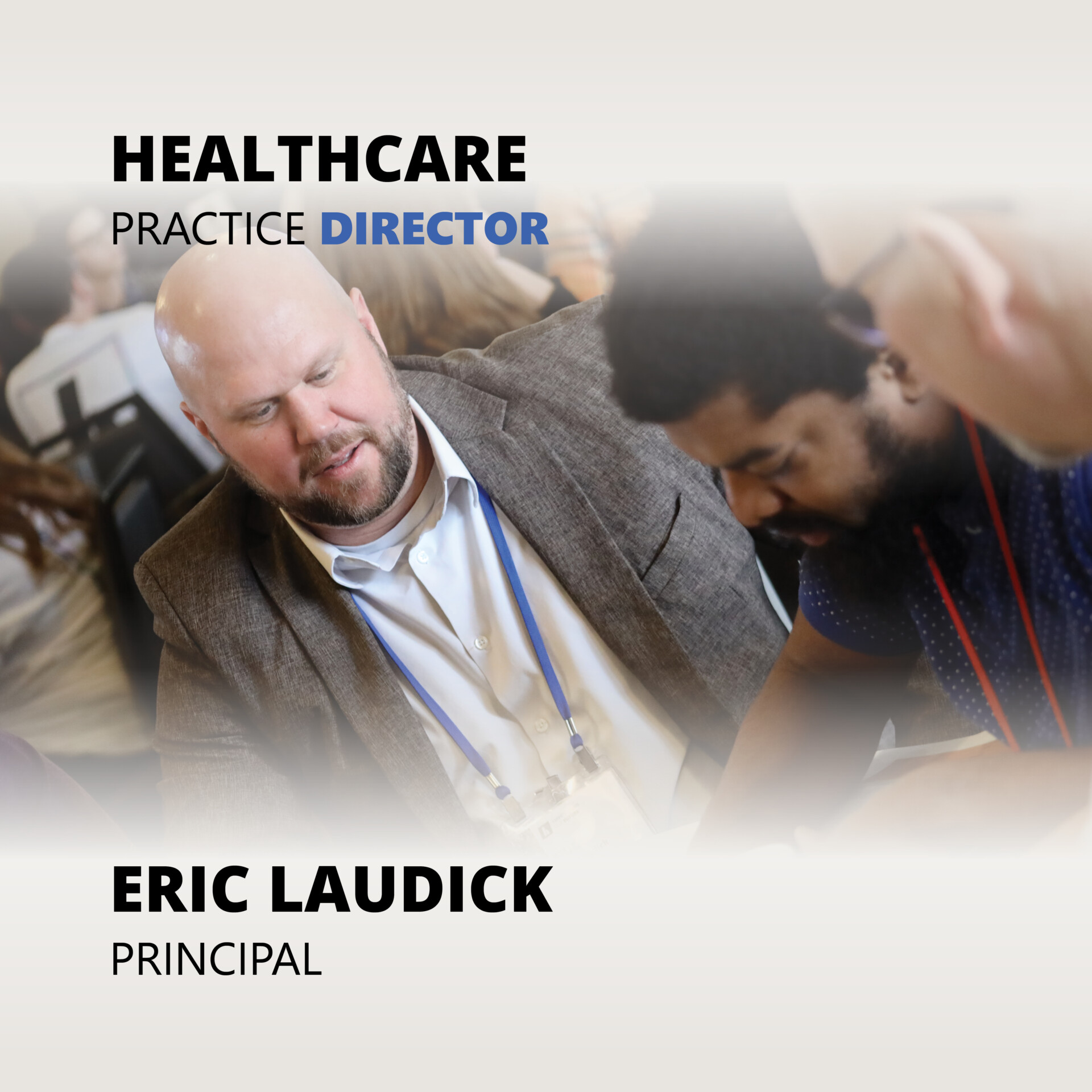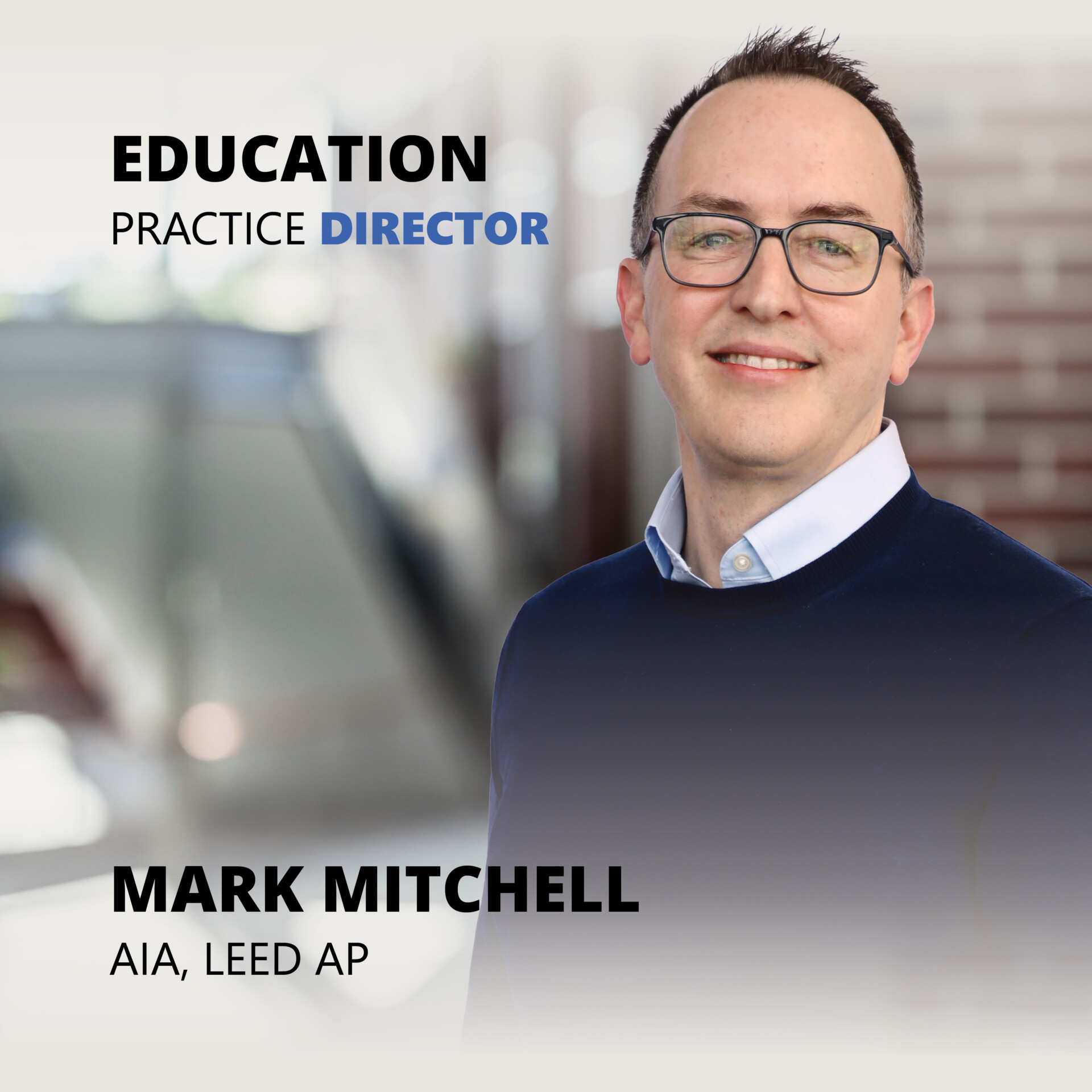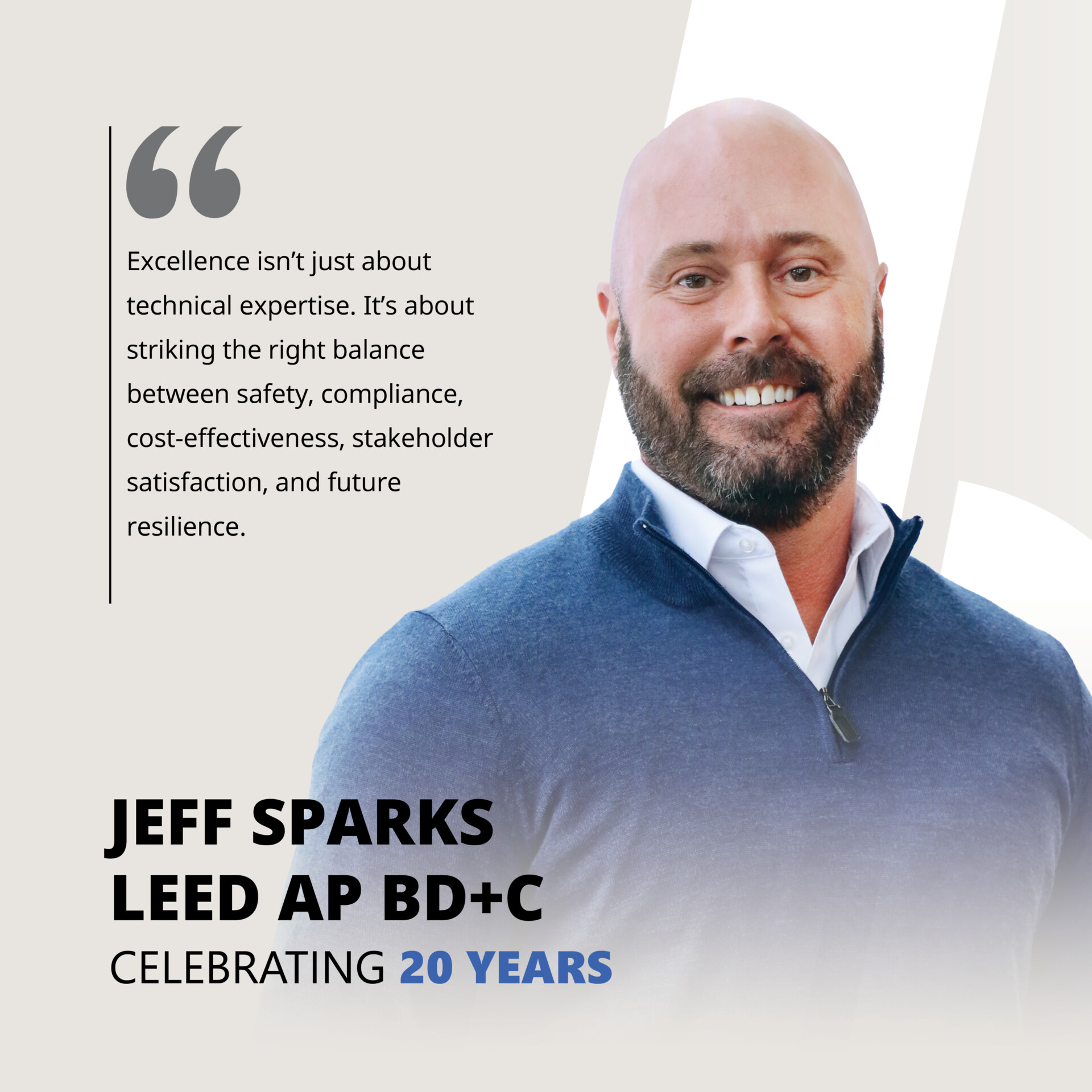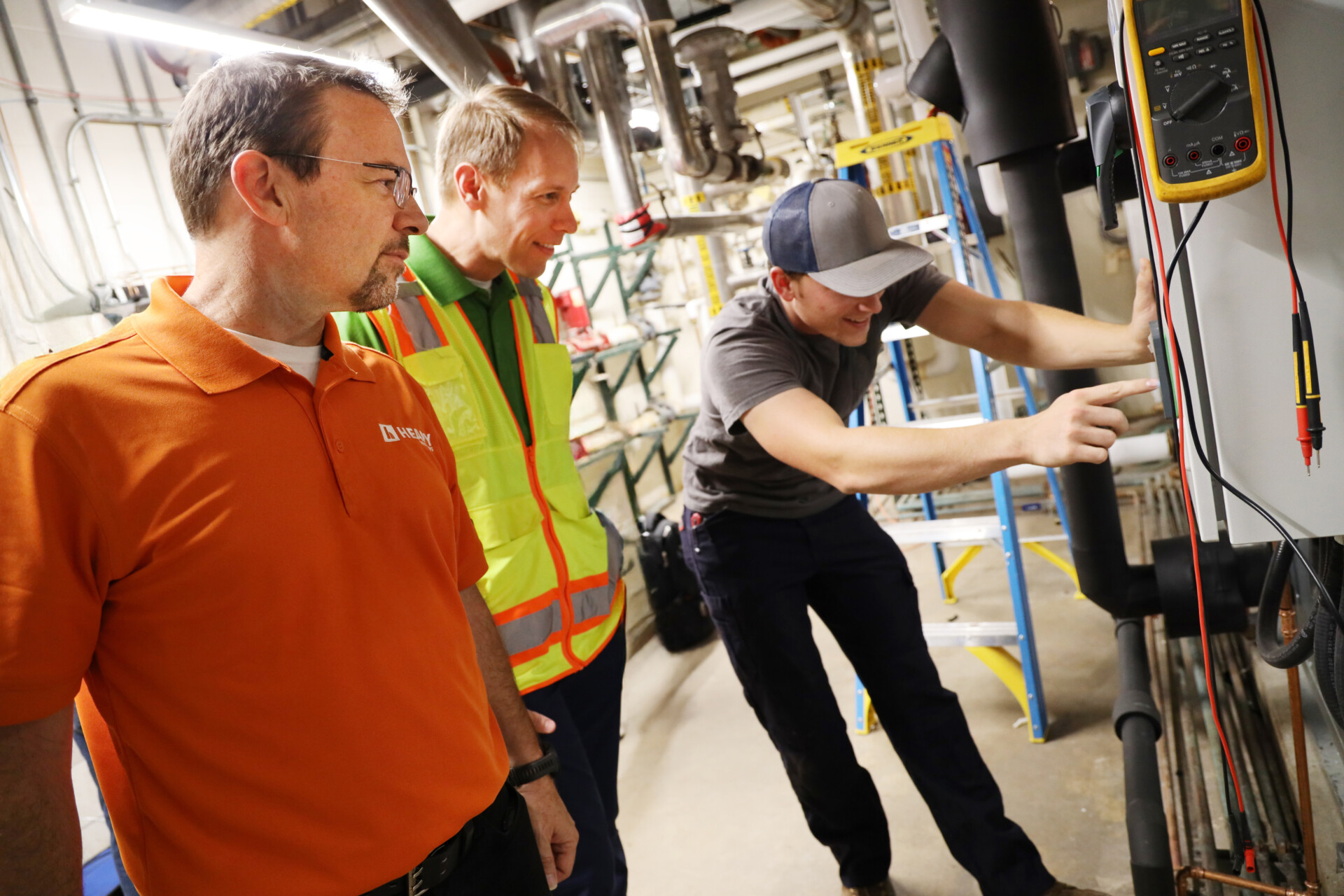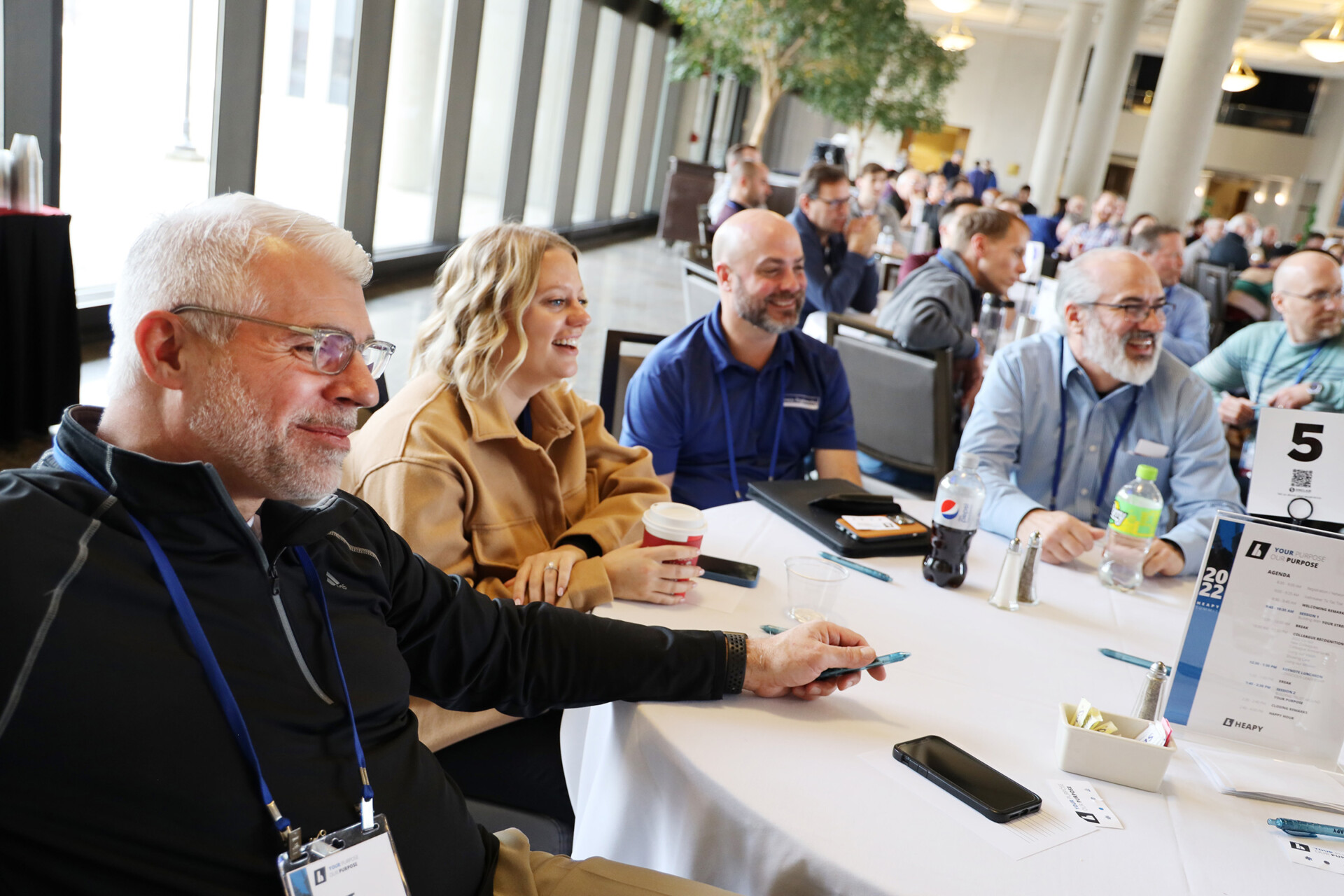Community colleges play a crucial role in shaping our local economies and fostering workforce development by providing accessible, affordable education and training. These institutions are vital in offering opportunities to a diverse student population, including adult learners, first-generation college students, and those seeking to enhance their skills or change careers. HEAPY has been honored to support community colleges with comprehensive engineering design, master planning, facility condition assessments, and energy services, ensuring these institutions can continue to thrive and serve their communities effectively.
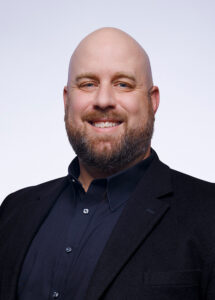 Kurt Fansler, Senior Project Manager, at HEAPY, has 25 years of experience working with community colleges. He shares his insights into the unique aspects of delivering engineering solutions for these essential institutions and highlights the strengths HEAPY brings to these partnerships. His extensive experience provides a deep understanding of the evolving infrastructure needs of community colleges and the innovative solutions required to meet them.
Kurt Fansler, Senior Project Manager, at HEAPY, has 25 years of experience working with community colleges. He shares his insights into the unique aspects of delivering engineering solutions for these essential institutions and highlights the strengths HEAPY brings to these partnerships. His extensive experience provides a deep understanding of the evolving infrastructure needs of community colleges and the innovative solutions required to meet them.
Q: What is unique about delivering engineering solutions for Community College clients?
A: Community colleges often serve a diverse range of students, including many adult learners who may attend classes during the day, evenings, or even weekends. This necessitates facilities that are flexible and can accommodate various schedules and uses. The diversity in student age, background, and needs makes these spaces special. For example, we design labs that can be quickly reconfigured for different types of experiments and classrooms that can support both traditional and non-traditional teaching methods.
Our team’s broad experience in educational spaces allows us to deliver solutions that meet these unique demands effectively. We understand the varied needs of these institutions and design flexible, adaptable spaces. Our knowledge of building use, student enrollment, and the diversity of the student population are key assets. We also emphasize sustainability and energy efficiency in our designs, which are crucial for the long-term operational cost savings and environmental responsibility that many community colleges prioritize.
Q: What are the common project challenges in this space, and how does HEAPY overcome them?
A: One of the biggest challenges is maintaining building occupancy during the school year, as community colleges often have evening and weekend classes. We overcome this by carefully planning the phasing of our projects to ensure minimal disruption. Our design approach includes detailed communication with the client to anticipate and mitigate any disruptions, ensuring the facilities remain operational throughout the construction phase. For instance, we might schedule noisy or disruptive work during academic breaks or off-hours and ensure temporary provisions are in place to maintain essential services.
Q: What are the strengths and skills that you leverage to be an effective project manager for your Community College clients?
A: Experience is key. I’ve worked on multiple project types and delivery methods, ranging from private to public entities. This broad experience is crucial because community colleges vary widely in how they procure and build projects. Additionally, these projects can include everything from building additions and renovations to equipment upgrades and system replacements across diverse facilities like educational buildings, labs, classrooms, and administrative offices. My experience with these various project styles and deliveries is a significant strength. Furthermore, understanding the diversity of community college campuses—from single-building facilities to those with over 40 buildings—enables me to adapt to different scales and scopes of work effectively.
Q: What would you say is one of your greatest achievements or favorite projects related to community colleges?
A: One of my favorite projects was the comprehensive preventative maintenance study at Columbus State Community College. We assessed all MEP systems across the entire campus, evaluating their age, history, remaining lifecycle, and maintenance needs. This project was particularly interesting because it involved a wide range of systems and applications, providing a broad view of the campus’s infrastructure. The study allowed us to create a detailed maintenance plan that helped the college prioritize repairs and replacements, ensuring the longevity and reliability of their facilities.
Q: What aspect of your job do you find most fulfilling?
A: Seeing a project through to the end, ensuring the client is happy with the outcome, and knowing that the facility meets or exceeds their expectations is incredibly rewarding. I enjoy attending ribbon cuttings and building dedications, where I can hear firsthand from users about the impact of the new facilities. It’s gratifying to know that our work contributes to creating environments where students can learn and grow. Additionally, being involved in the community and seeing the direct impact of our work on students’ lives means a lot to me. Hearing positive feedback from the users of the space and knowing that the facility meets their needs and enhances their educational experience is not only a clear indicator of success, but extremely fulfilling.
Q: What advice would you give to someone just starting in their career?
A: Be patient. Projects in this field take years from design to completion. It may take time to see the results of your work, but each project builds on the previous project. Use the time between completion to broaden your knowledge and experience across different systems and building types; The varied experiences will be invaluable as you progress in your career. Engaging in different types of projects and systems is crucial. Don’t focus on just one type of system or building; instead, aim to understand a wide range of applications and environments. This might involve taking on varied assignments, seeking mentorship from experienced colleagues, and continually educating themselves about new technologies and methods in the field. The broader their scope, the more equipped they’ll be to handle complex projects in the future.
We’re proud to have partnered with Community Colleges and understand their goals and needs to create spaces that empower success. From enhancing accessibility to promoting diversity, HEAPY acknowledges the incredible work these institutions do in shaping futures, building stronger communities, and driving economic growth. Through our comprehensive engineering design, master planning, facility condition assessments, and energy services, we ensure that community colleges have the infrastructure they need to support their diverse student populations and educational missions.
To learn more about how HEAPY can support your institution, visit our Education page or connect with Kurt Fansler directly.
